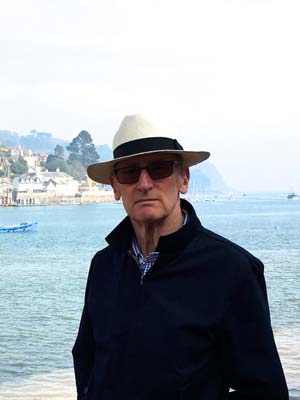The Second Boer War (11 October 1899 – 31 May 1902) was fought between the British Empire and two Boer states, the South African Republic (Republic of Transvaal) and the Orange Free State, over the Empire's influence in South Africa. Initial Boer attacks were successful, and although British reinforcements later reversed these, the war continued for years with Boer guerrilla warfare, until harsh British counter-measures brought them to terms.
The war started with the British overconfident and under-prepared. The Boers were very well armed and struck first, besieging Ladysmith, Kimberley, and Mafeking in early 1900, and winning important battles at Colenso, Magersfontein and Stormberg. Staggered, the British brought in large numbers of soldiers and fought back. General Redvers Buller was replaced by Lord Roberts and Lord Kitchener. They relieved the three besieged cities, and invaded the two Boer republics in late 1900. The onward marches of the British Army were so overwhelming that the Boers did not fight staged battles in defence of their homeland. The British quickly seized control of all of the Orange Free State and Transvaal, as the civilian leadership went into hiding or exile. In conventional terms, the war was over. The British officially annexed the two countries in 1900, and called a "khaki election" to give the government another six years of power in London. British military efforts were aided by Cape Colony, the Colony of Natal and some native African allies, and further supported by volunteers from the British Empire, including Southern Africa, the Australian colonies, Canada, India and New Zealand.
The Boers refused to surrender. They reverted to guerrilla warfare under new generals Louis Botha, Jan Smuts, Christiaan de Wet and Koos de la Rey. Two more years of surprise attacks and quick escapes followed. As guerrillas without uniforms, the Boer fighters easily blended into the farmlands, which provided hiding places, supplies, and horses. The UK's solution was to set up complex nets of block houses, strong points, and barbed wire fences, partitioning off the entire conquered territory. The civilian farmers were relocated into concentration camps, where very large proportions died of disease, especially the children, who mostly lacked immunities. Then British mounted infantry units systematically tracked down the highly mobile Boer guerrilla units. The battles at this stage were small operations with few combat casualties (most of the dead were victims of disease). The war ended in surrender and British terms with the Treaty of Vereeniging in May 1902.
Source - Wikipedia

 Audiobook Narrator
Audiobook Narrator